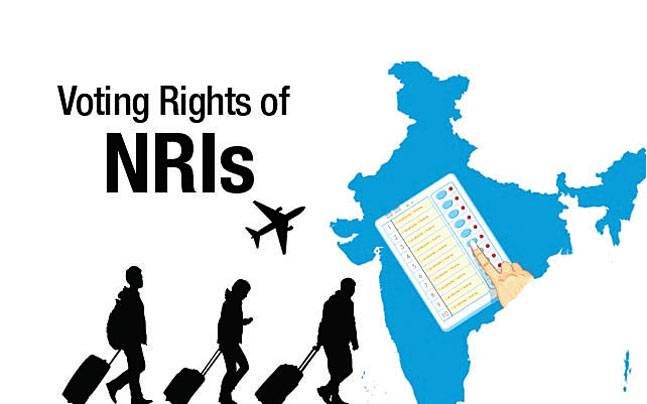💼 Best NRI Investment Options in India for 2025
India’s fast-growing economy and a stable rupee make it a top investment hub for Non-Resident Indians (NRIs). From mutual funds to fixed deposits, NRIs have access to regulated and profitable opportunities. In this 2025 guide, we’ll break down the top NRI investment options 2025 and how to make the most of them.

🏦 1. NRE & NRO Fixed Deposits
-
NRE FDs: Tax-free, repatriable
-
NRO FDs: Taxable (30% TDS), limited repatriation
-
Return: 6–7.5% annually (2025)
💡 Tip: NRE FDs are perfect for NRIs in the US/UK looking for safe, tax-free growth.
📈 2. Mutual Funds for NRIs
NRIs can invest in mutual funds using their NRE or NRO accounts.
-
Equity funds: 10–14% expected returns
-
LTCG tax at 10% above ₹1 lakh
-
FATCA restrictions apply (US/Canada NRIs)
✅ SIP is the easiest way to grow wealth over time.
🏠 3. Real Estate in India
NRIs can buy residential or commercial property but not agricultural land.
-
Rental income is taxable
-
Can repatriate up to $1 million/year
-
Growing demand in Tier 1 & Tier 2 cities
💡 Invest in metros like Bangalore, Hyderabad, or Pune for higher appreciation.
🪙 4. Sovereign Gold Bonds (SGB)
-
Backed by RBI
-
2.5% interest + gold price growth
-
No capital gains tax if held to maturity (8 years)
✅ SGBs are ideal for diversification and inflation protection.
👴 5. National Pension Scheme (NPS)
-
Long-term retirement savings
-
Tax deduction under Section 80C
-
Equity and debt auto-allocation options
🧓 Best for NRIs planning long-term stays in India post-retirement.
🔢 Quick Comparison Table
| Investment Type | Risk | Return | Tax Benefit | Repatriation |
|---|---|---|---|---|
| NRE FD | Low | 6–7% | Yes | Yes |
| Mutual Funds | Medium | 10–14% | Yes | Yes |
| Real Estate | Medium | 7–12% | Partial | Yes |
| SGB | Low | Gold + 2.5% | Yes | Yes |
| NPS | Low-Med | 9–10% | Yes | Limited |
📌 Key Legal Notes for NRIs
-
Use NRE/NRO accounts for investing
-
Follow RBI and FEMA guidelines
-
Avoid dual taxation by using DTAA (Double Tax Avoidance Agreement)



